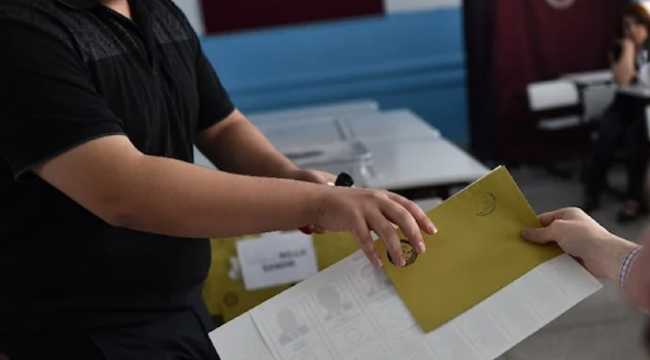Local Election: How will it affect the Dollar/Turkish Lira rate?

American investment bank Goldman Sachs has indicated that a 500 basis point increase in policy interest rates signals a low probability of depreciation in the Turkish Lira (TRY), while predicting that inflation will decrease to 33% by the end of the year, alongside positive base effects.
Goldman Sachs forecasted that both monetary and fiscal policies would continue independent of the election results in Turkey. The bank released its latest report on Turkey ahead of the local elections scheduled for March 31st.
The report stated, “We expect both monetary and fiscal policies to continue, and we anticipate a relaxation of pressure on reserves as well as on the Turkish Lira post-elections. Given the attainment of long-term average budget revenues, we do not expect tax increases similar to last year following the elections, and we anticipate a reduction in expenditure-oriented pressures.”
The report also included a year-end inflation forecast, stating, “We predict that inflation will peak in May and then start a sharp decline to around 33% by the end of the year, driven by positive base effects.”
Regarding the demand for foreign currency, the report mentioned, “There is increased demand for foreign currency due to the Turkish public’s expectations of a significant depreciation of the Turkish Lira post-elections; however, we believe that the 500 basis point increase in policy interest rates by the Central Bank of the Republic of Turkey (CBRT) last week sends a strong signal that the probability of such depreciation is low.”
The report also forecasted that inflation would rise to 68.5% in March due to increased food and service inflation resulting from Ramadan falling in March this year, citing adverse base effects.
The report highlighted a slowdown in other sub-indices of the Consumer Price Index against rising core goods inflation due to weakness in the exchange rate on a monthly basis. It also noted the difficulty in calculating wage increases and the overall impact of Ramadan on inflation due to the current inflation environment, leading to uncertainties in forecasts.





